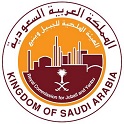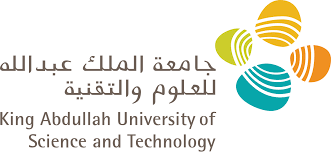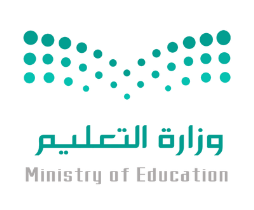About International Olympiad
High-level annual global competitions, which are among the strongest scientific competitions for general education students, which include several disciplines, including Mathematics, Physics, Chemistry, Science, Biology, and Informatics. These competitions are held every summer by hosting one of the participating countries, in which more than 100 countries participate for over fifty years.
International Olympiad Goals
Raise the name of the Kingdom of Saudi Arabia in international competitions.
Raise confidence in the national ability to compete globally in the field of science and mathematics.
Enhance community awareness of the role of science and mathematics.
Develop the spirit of scientific competition between the elements of the educational process.
Contribute to building a creative generation capable of dealing with a scientific language.
Target group
Participation in international scientific competitions starts from the 8th grade to the 12th grade.
If they pass the candidacy tests from one stage to another within the scientific teams (Mathematics - Physics - Chemistry - Biology - Science - Informatics).
Participation Conditions
The student must be a Saudi national.
The student is nominated through the qualifying competitions such as Mawhoob Competition,
The National Olympiad for Scientific Creativity (Ibdaa) is considered an essential source of participation.
For the student to continue training, they must pass the interim tests that qualify him for the advanced stages in training.
International Olympiad Competitions
The Kingdom participates annually in various scientific Olympiads, including:
|

|

|

|

|

|

|

|

|

|

|

|

|
Major Partners



Statistics
| Statistics | 2010 | 2011 | 2012 | 2013 | 2014 | 2015 | 2016 | 2017 | 2018 | 2019 | 2020 | 2021 | 2022 | 2023 | 2024 |
|---|---|---|---|---|---|---|---|---|---|---|---|---|---|---|---|
| 4 | 5 | 9 | 11 | 17 | 27 | 28 | 20 | 23 | 19 | 32 | 30 | 31 | 40 | 54 | |
| Number of Students who Received Training in "Training Camps" | 126 | 410 | 444 | 557 | 654 | 798 | 739 | 651 | 856 | 1136 | 1431 | 1675 | 1849 | 983 | 1417 |
| Total Number of Gold Medals Earned in the International Olympiyads | 2 | 3 | 4 | 3 | 10 | 7 | 3 | 11 | 3 | 4 | 8 | 5 | 12 | ||
| Total Number of Silver Medals Earned in International Olympiyads | 2 | 8 | 5 | 4 | 7 | 8 | 15 | 14 | 12 | 14 | 9 | 22 | 20 | 22 | |
| Total Number of Medals and Certificates of Appreciation Earned in International Olympiads | 6 | 8 | 23 | 26 | 33 | 47 | 53 | 51 | 49 | 47 | 57 | 56 | 72 | 71 | 92 |
| Total of International Olympiad Participations | 2 | 5 | 7 | 8 | 10 | 11 | 12 | 12 | 12 | 12 | 11 | 14 | 18 | 19 | 25 |
| Total of Students who Received "Basic Training" | 1032 | 763 | 990 | 2774 | 2370 | 2599 | 2132 | 2373 | 2539 | 4848 | |||||
| Total Participants in International Olympiads | 12 | 30 | 44 | 49 | 59 | 63 | 70 | 70 | 66 | 75 | 69 | 47 | 51 | 52 | 76 |